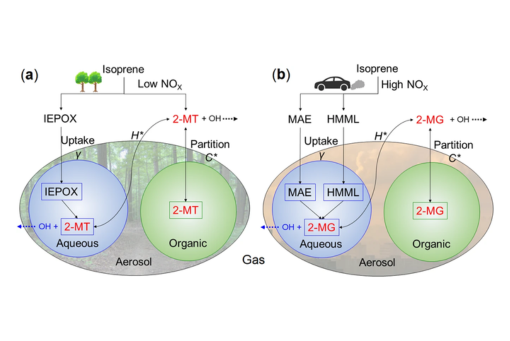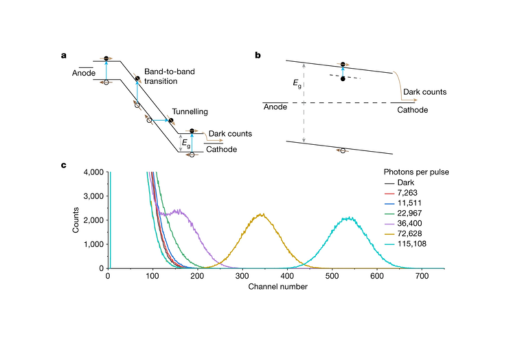Physical Research
The Department of Chemistry at the University of North Carolina at Chapel Hill, offers a wide range of research opportunities in theoretical and experimental physical chemistry. Our program has broadened from its traditional areas of excellence in molecular chemical physics to include research activities in biophysical and materials sciences. Experimental efforts within these areas involve development and applications of state-of-the-art instrumentations, such as high-resolution ultra-fast laser systems, molecular beam techniques, multi-dimensional spectroscopies, and near-field optics, et cetera.
In addition to traditional areas of chemical theory, recent theoretical chemistry research involves development and applications of new computational methods in quantum/statistical mechanics and polymer physics for studying novel physical phenomena in a wide range of systems from nano-materials to biological membranes. Students have access to several massively parallel high-performance computers at UNC Research Computing, one of the best university computing facilities in the country.
The University of North Carolina at Chapel Hill is also home to home to a number of theoretical/computational research groups that are interested in studying exciting problems in molecular, materials, and condensed matter sciences.




